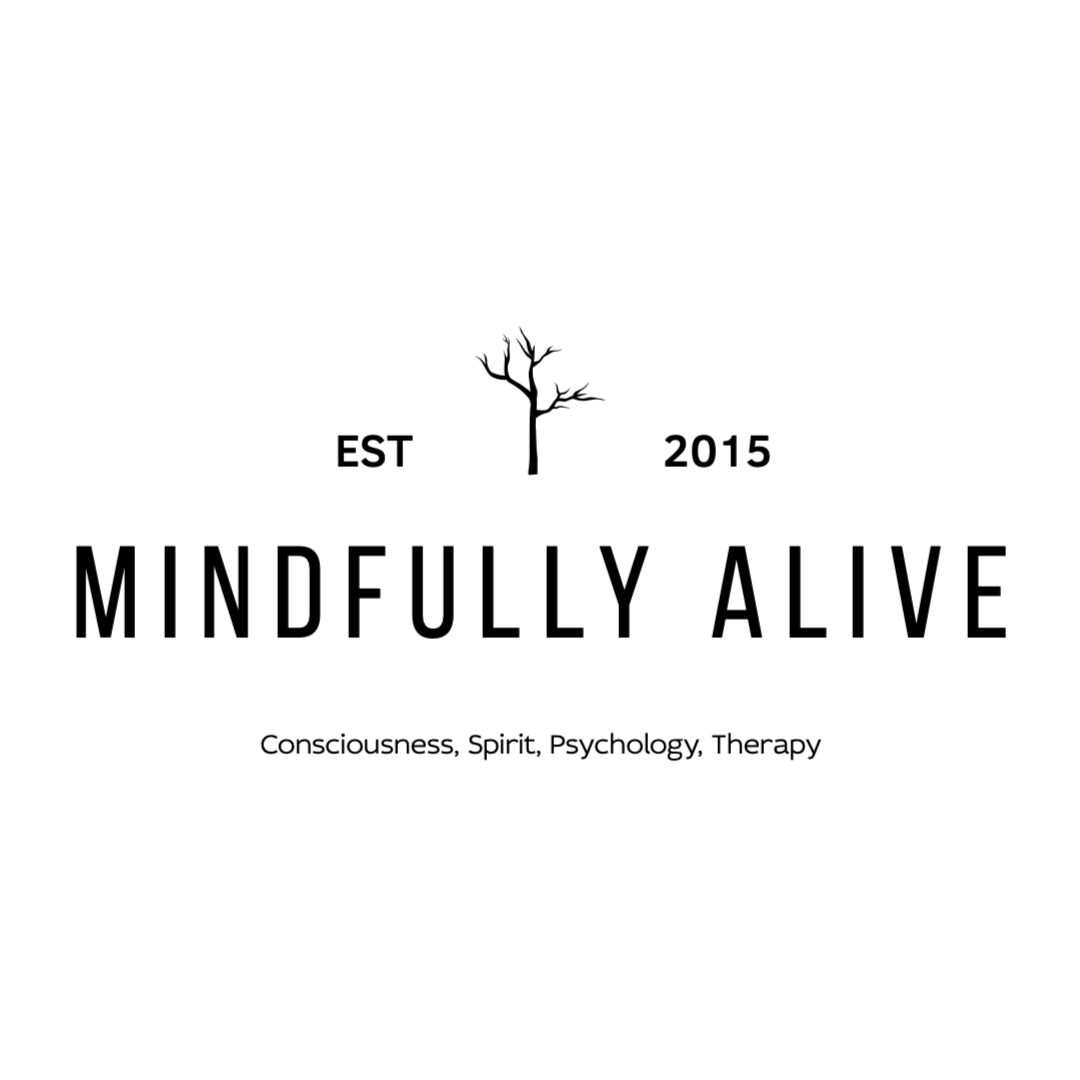Effective communication is the most important factor in true human connection. It has long been said that “It’s not what you say, but how you say it”. Every relationship, romantic or otherwise, has it’s rough patches as dynamic personalities tend to come into conflict. Framing this natural order as normal and a potential opportunity for personal growth through openness and vulnerability is healthy, but how do we navigate through those challenging conversations? Here are 3 easily digestible communication tips to help stomach those dreaded discussions, whether it’s with your life partner, with your parents or with your child/teen.
-
Planning Ahead
When we reflect on past difficult conversations we have had, it seems that they can sometimes spiral towards toxicity once emotional reactivity takes hold. Like many undertakings in life, the solution is often found in the planning stages. By collecting our thoughts ahead of time, unnecessary relational conflict can be easily avoided.
Using one full sheet of paper, fill in the top half with the points you hope to get across to the other party. This will be most effectively done not just by listing key points, but also the associated emotions felt about each area. On the bottom half of the page, tap into your empathetic understanding of where the other person may be coming from; what are their own key arguments? How might they be feeling about the situation? Although taking the time to empathize with the other individual can feel arduous, doing so is virtually guaranteed to result in decreased feelings of defensiveness and lessen the chance of us feeling caught off guard during the conversation. Organizing our thoughts in this way is a sure fire method to see the bigger picture as we utilize our conscious mind instead of acting purely based on emotion.
-
Active Listening
Pioneering humanistic therapist, Carl Rogers, defined active listening as giving feedback to someone speaking by restating or paraphrasing what has been heard in our own words. Most of us can agree that not feeling heard by others can make us feel alienated and invalidated, which can increase the tendency towards interpersonal conflict. In this fast paced world of ours, our brains are often running at such a fast pace that we are often too busy planning what we will say next rather than listening with presence and an open mind. Not only does maintaining eye contact, paraphrasing, and listening intently allow for the other party to feel heard, but it ensures that we are thoughtful and organized in our own rebuttals as well.
-
“I” statements
An effective yet simple “secret weapon” that professional counselors are trained in is the use of inclusive language and “I” statements. Oftentimes when we are having a difficult conversation, we feel as though someone else is as fault or has wronged us in some way. However true that may be, pointing the finger with a laundry list of criticisms is virtually guaranteed to prevent openness and the resolution we are looking for. We can all think back to a time when a significant other, boss or family member went on a diatribe fraught with “you did this”, “you didn’t do that”. When this occurs the conversation ceases to be about the issue, (or more importantly, about the solution) but is once again swept away in a storm of emotional reactivity. We would do well to consider consciously forming sentences when communicating feelings such as “it makes me feel” _____ when we _______” or “I feel ______ when ________ occurs.” Communicating in this manner fosters empathy in the other party, reduces defensiveness and emotional reactivity, and also helps us to take ownership of our own role in conflict. A great strategy for maintaining this non-invasive approach is referring back to our 1-page list that we may have created when planning for this difficult discussion.
One final aspect to bear in mind when framing healthy communication styles is our overall objective. In today’s society, too often it seems that the point is to “win” an argument rather than collaboratively work toward creating a solution. It is important to be mindful of our objective when entering a tough conversation. Is our objective to simply make a point or win an argument? Hopefully not. Most would agree that the healthier, more productive mindset would be to attain an amicable solution and perhaps even grow as an individual in the process. By considering these simple suggestions for effective communication, I am confident that WE can attain both.
Warmly,
Erica Tait LSW, LCADC





Be the first to reply